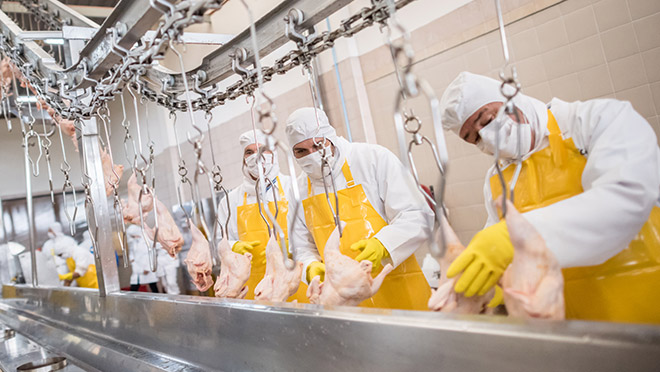For consulting engineers, the timing's right to reignite projects

BC Hydro offers up to 100% in study funding, ditches caps on incentives
Steve Quon has a message for consulting engineers, and by extension, to their industrial clients: Despite COVID-19, BC Hydro is very much interested in helping cut energy use, and has sweetened incentives on energy studies and incentives.
"We want to keep things rolling," says Quon, an industrial marketing manager with BC Hydro. "This is a tough time for some companies, but if we can provide 100% study funding, maybe we can them save on their energy bills."
To that end, we're is in the process of bringing consulting engineers, key account managers and customers up to speed on recent tweaks to funding and to the logistics of getting things done in the age of COVID-19. Here's a look at some of those changes.
Consulting engineers' customer knowledge is key
Industrial operations are facing unique challenges during the pandemic, and consulting engineers know best about whether the timing is right to touch base on energy studies and efficiency upgrades.
We're seeing a wide range of situations, from a food processing facility in Langley that's running full tilt, to a Nanaimo pulp mill now producing protective masks and gowns, to other businesses in full or partial shutdown. Consulting engineers can use their intimate knowledge of their customers to know when it's best to talk about studies and upgrades.
"There's always value in to touching base with clients on projects you've jointly worked on in the past to see how they're performing, what worked, what didn't work, what we could do better and to ask if there's anything more that can be done," says Quon, who recommends contacting customers who've done studies in the last five to 10 years. "Systems might need a fresh look as process and production conditions may have changed."
Compressed air systems, fans and blowers, pumps, refrigeration and even dust collection equipment are among the areas that can be ripe for upgrades.
"We're always open to invest BC Hydro funds into energy studies that improve energy performance in all sectors and end-use systems," says Quon. "If you have any opportunities, please don't hesitate to reach out to us."
Full energy study funding takes heat off customers
Our offer of up to 75% funding of energy studies has always made it easier for industrial customers to identify opportunities to upgrade equipment and processes in the name of energy efficiency and dollars saved. But whereas customers would need to pay the remaining 25% of the study cost if they didn't implement any of the study's recommendations, they'll no longer be penalized with that 25% charge.
Not only does 100% funding erase that burden, it also puts consulting engineers in a better position. Customers should be less reluctant to jump into a study if there's not a 25% clawback.
"So long as a customer is interested in the study, it's a no-brainer, because we're paying for it," says Quon.
BC Hydro looking at doing energy studies remotely
With access to some facilities limited, we're looking at getting customers to provide data and observations remotely. Quon suggests that remote audits could become part of our programs going forward.
"I think [consulting engineers] are trying to communicate to us that they can do this stuff remotely, and it's moving in that direction anyway," he says. "Data can be collected remotely. If you have gaps in data, you can work with the site to ask for some data logged for a particular part of the process, or 'we don't have power numbers for this'.
"In some respects, remote studies may be more effective because people at the site will be more engaged, as they're the ones who will need to collect the data."
Incentives will no longer be capped at 75% funding
Along with the move to full energy study funding, we've changed the rebate limit on certain incentives. In some cases, that could mean incentives of up to 100%.
"What we're saying is: 'If it makes sense to us, we'll pay 100% of it'," says Quon.
Incentives are paid on the basis of kilowatt hours saved, with no cap on the amount reimbursed.